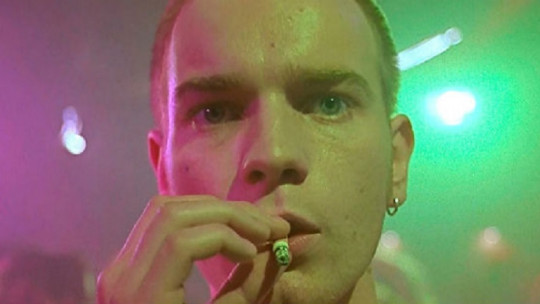
The addiction and dependency that drugs create destroys the addict’s life completely. Therefore, it is not surprising that those who live with the person suffering from addiction are also harmed by this terrible disease. Addictive substances lead to toxic behaviors that represent incoherent acts and end up destroying both the user and their family members.
The first shock you suffer when you find out that a family member is addicted to drugs is devastating, since it is difficult to understand how that son/daughter, husband, wife, father, mother, uncle, cousin, has been able to go from being a functional, happy and coherent person to being dependent on a substance without finding a way out. The brain of a drug addict negatively interferes with his thoughts, emotions and behaviors. It causes them to be involved in a vicious circle where drugs are the protagonist and to get them they steal money, rob them, enter illegal businesses to get more money, and little by little, they get into situations that they would never have imagined.
Common mistakes made by families of people suffering from addictions
It is evident that all of the above is progressively affecting the self-esteem, security, happiness and, ultimately, the mental health of family members. For this reason, all specialists agree that family members need their own therapy, where professionals can help them face the situation and not make certain mistakes in relation to the addicted person. In today’s article, we will focus on the latter. Next, we will analyze The most common mistakes made by family members or people close to the consumer
1. Blame the consumer
When the problem comes to light, it is common for the drug addict to lie, hide, take offense, or show aggressive behavior. For family members, the reaction of the user and the situation itself generates a lot of anger and this anger leads them to completely blame the addict. Here come the reproaches, insults and accusations that only make everything worse, since The affected person feels ashamed, pressured and overwhelmed and their response to defend themselves is usually aggressive It is common for them to disappear from home or become paralyzed without knowing what to do. Obviously, this does not help the person understand that he has a problem and must be treated.
2. Blaming the family
It also doesn’t help that fathers, mothers, brothers, uncles, cousins blame themselves, asking what they have done wrong to deserve this situation. Ruminative thoughts begin about when their family member became addicted, how they did not realize before and where in their education they made a mistake. They reproach themselves for having been too strict or too soft, for not having dedicated enough time to him, for having controlled him too much, etc. Once again, the goal is to find a solution to the problem and filling yourself with anxiety and worries about the past only causes family members to stagnate and not serve as support for the drug addict.
3. Control your entire life
In order to stop the consumption behavior, it is common for family members to take on the role of pursuer so that the individual does not take drugs anymore. To do this, his money is limited and supervised, a time of entry/exit from home is set, the validity of his testimony is continually suspected, his room, bathroom, pants pockets, WhatsApp messages are searched. mobile, calls, etc. Although this may seem effective, In reality, it causes the affected person to become overwhelmed and, above all, not learn to self-control and to understand that you must change your routine if you do not want to fall back into drug use. We must remember that we cannot do everything for this person since it is of no use. It is the consumer himself who must take the reins of his life and take charge of all the changes that he has to assume.
4. Force the person to start treatment
Although we repeat a thousand times to the affected person that they must start treatment since we are convinced that it is the only (sometimes last) possible solution, we cannot forget that it is the person who has to agree and be motivated to do so. By always insisting or threatening you, we are not going to get the results we want This only increases tension, arguments, lack of respect and creates an increasingly larger space between the consumer and the family member. Once again, the complete opposite of what we are looking for.
5. Being afraid to be firmer
People addicted to drugs tend to have aggressive behavior and therefore, family members prefer to avoid conflicts and discussions with the affected person. Therefore, when it comes to setting a limit or being firmer, They feel scared and prefer to give in to the person’s wishes In order not to generate more tension than there is already at home, consequences are no longer established for certain behaviors or actions. We want to clarify that not setting clear rules and limits is often one of the main reasons why the negative situation worsens.
In conclusion…
If you have identified with the article and feel that the situation is overwhelming you and you do not know how to redirect it, we want to clarify that it is something that many family members of addicted people experience and you are not alone. There are various resources to learn how to cope with this situation in the best possible way and therefore, we advise you to get in touch with professionals who are experts on the subject who can listen to you, guide you and advise you. These therapies help to get rid of the feeling of guilt, not to feel judged, not to feel alone and ultimately, help to combat negative and destructive thoughts.








